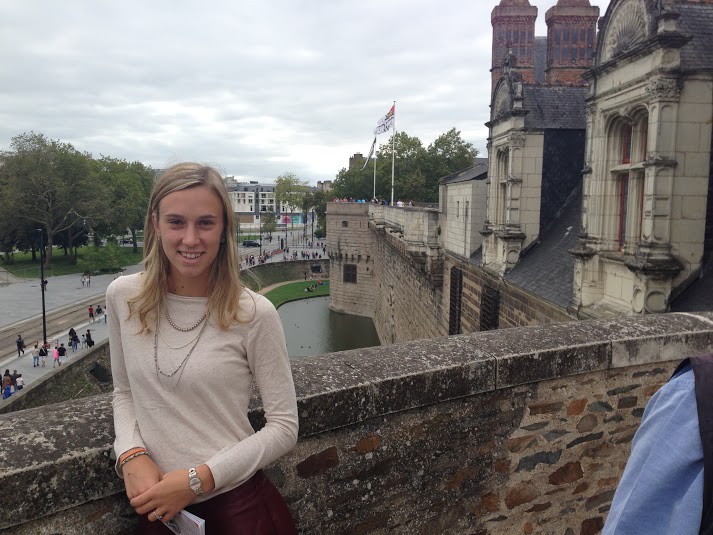Student Research Spotlight: Female Engineers in Anderson Lab | 3
For engineering students interested in research, there are many opportunities to get involved, both on and off campus! In fact, nearly 25% of engineering students at Grove City College are involved in some type of research or independent study. Many of these students work in ‘Anderson Lab’ with Dr. Anderson, one of Grove City College’s mechanical engineering professors. Every school year, […]
Read more